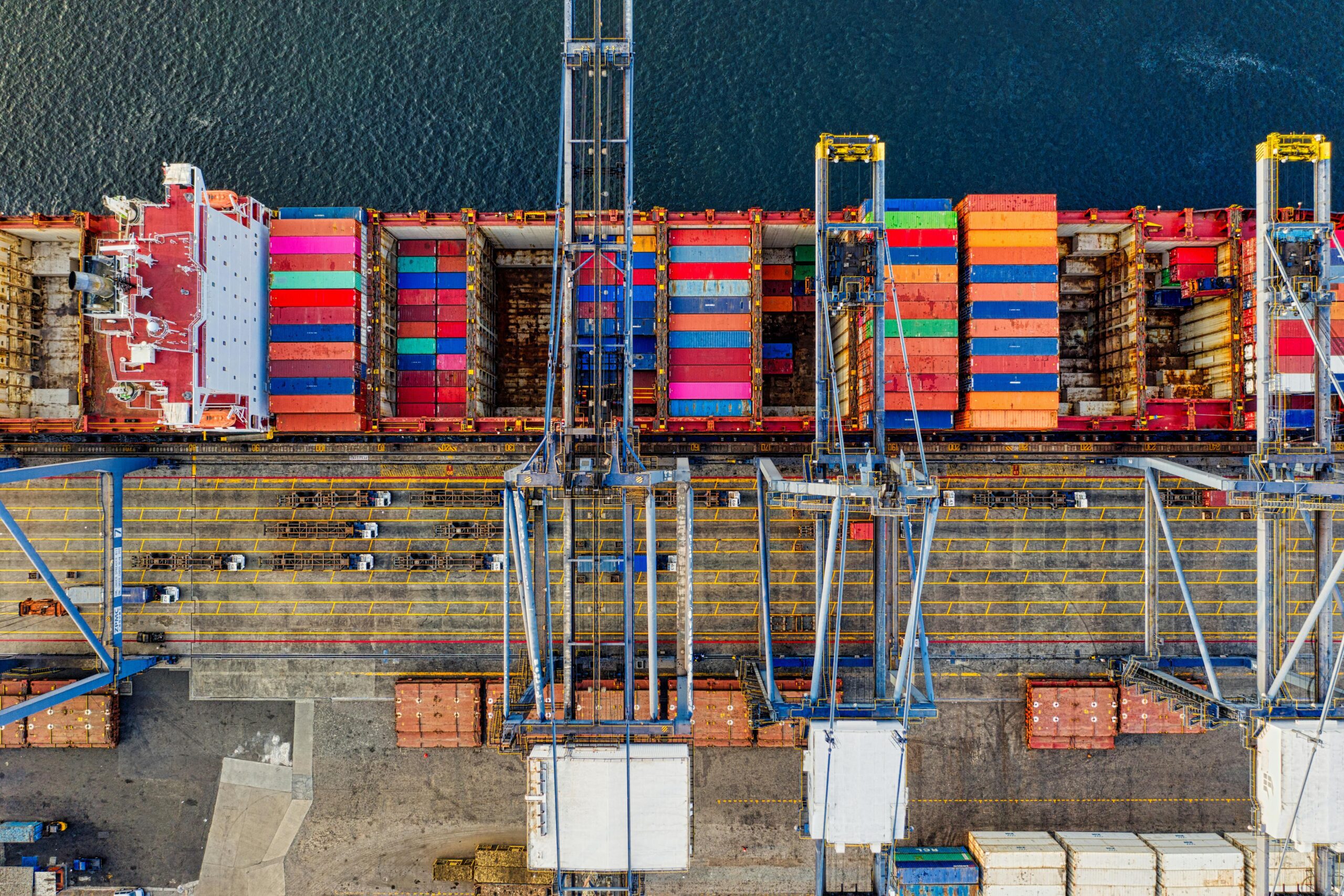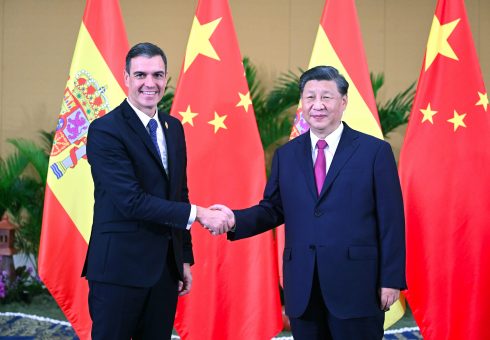The UK has seen a measurable shift in its trading relationships with other European countries like Spain since its official departure from the European Union in 2020. Although it’s safe to say that Brexit came with a unique set of changes and challenges, it has also opened up new opportunities for UK and EU businesses to explore innovative ways of building trading partnerships. The UK and Spain currently have a strong trading relationship, with Spain being the UK’s 7th largest trading partner in 2024, accounting for 3.7% of total UK trade. In this article, we’ll go over how trade between the UK and Spain has evolved since 2020, including the steps businesses have taken to maintain or build on their international trading relationships.
Post-Brexit trading relationship
The UK and Spain have a long history of strong economic relations, and this relationship has adapted as a result of the Brexit referendum, with both countries developing and implementing new policies and procedures to ensure that trade remains as seamless as possible. The UK’s total market share in Spain (or the goods and services exported by the UK to Spain) was 4.5% in 2023. The EU-UK Trade and Cooperation Agreement has provided both countries a new framework through which they can continue to trade goods. The agreement allows for the two nations to buy and sell goods without excessive tariffs or quotas, as long as they ‘comply with the appropriate rules of origin.’ This agreement has helped ensure that UK and Spanish businesses can trade goods while still keeping costs and customs fees to a minimum, thereby helping them adapt to the new trading environment.
As a result of Brexit, several notable deals and initiatives have been drafted or put into action specifically to maintain or bolster UK-Spanish trade relations. One example of this is the Gibraltar-Spain border negotiations the UK is currently engaged in. The purpose of these negotiations is to create a simplified trading agreement with Gibraltar, which includes establishing border checks and customs procedures to help maintain smooth cross-border movement for EU workers. Alongside this, the UK and Spanish governments have signed agreements in areas such as education to help ensure that UK students can access Spanish universities and similar institutions with the same ease that EU-based students can. This helps promote the cultural exchange of information and academic research between the two countries, thereby strengthening their ties.
Adapting to new rules and regulations
Another notable change for businesses that currently trade between the UK and Spain has been the introduction of new customs procedures. This has meant that both UK and Spanish companies have had to study and adopt new paperwork and regulations to ensure their goods are still eligible to be traded internationally. As a result of this, both newer and more established businesses have had to invest time and money to train their staff on the new guidelines, or otherwise hire customs specialists to help navigate the new regulations. Some companies have also found that services like “customs intermediaries” are better able to handle any additional paperwork and ensure compliance with new regulations, leaving them more time to focus on other key business activities. These strategies have helped maintain the flow of goods between the two countries where possible.
Exploring digital solutions
Brexit has also resulted in UK and Spanish companies investing in intelligent digital solutions like new software and management systems to manage customs declarations, track shipments, and ensure compliance with regulations. This digital overhaul of business processes has not only helped both countries adapt to new trading requirements but has also improved the time and cost efficiency of some cross-border transactions. One example of this is the implementation of blockchain technology, which businesses have used to create secure and private records of their international shipments, which helps promote transparency and trust throughout the supply chain.
Adopting e-commerce platforms
Brexit has resulted in some challenges with traditional supply chains, as a result of which many businesses have begun exploring online platforms to reach international customers more efficiently. This trend has also opened up new opportunities for growth for small businesses in particular, as e-commerce can make it easier for both UK and Spanish businesses to cost-effectively access each other’s markets. This has also led to leading e-commerce platforms investing in new features that can help small businesses navigate international buying and selling. These features include built-in customs declaration tools and payment options tailored to the target demographic. Overall, this has made it easier for online UK businesses to sell to Spanish consumers and vice versa, further strengthening the trading relationship between the two countries and ensuring they both continue to adapt their key business processes to thrive in an increasingly digital and online world.

Using international payment providers
Payment provider services have also played an important role in ensuring UK and Spanish businesses can perform international trades and transactions smoothly. Since Brexit, more and more businesses have begun comparing payment processing companies to find providers that are fast, cost-effective, and offer convenient features. These features include technologies like real-time payment networks, which enable money to move between international accounts almost instantly. This allows businesses to receive payments much quicker, thereby improving their daily and weekly cash flows and also allowing them to pay their suppliers faster.
Specialized international payment providers can also offer reduced fees and more generous exchange rates for cross-border transactions, thereby keeping running costs to a minimum. Some providers also offer additional integration features, meaning you can link your payment account with other business admin software. This can make it easier to track and perform transactions and improve the overall efficiency of both small and large businesses.
Additionally, Brexit has meant that it is more important than ever for UK and Spanish businesses to ensure they are compliant with relevant financial regulations when trading goods internationally. Some payment providers can offer built-in compliance checks and fraud prevention measures, ensuring that all transactions meet the EU’s minimum security standards.
Maintaining cross-border agricultural trade
The agricultural sector has also been an important area of focus when it comes to the UK’s and Spain’s trade partnership. After Brexit, both countries have discussed and worked towards maintaining their mutually beneficial agricultural trade, with agriculture forming an important part of both nations’ economies. In the last year, up to Q1 of 2024, the UK imported more than £2.3 billion of fruit and vegetables from Spain. Spanish farmers are continuing to export a vast quantity and variety of fruits and vegetables to UK consumers, while British producers continue to showcase their home-grown products in Spain. Agricultural authorities in both the UK and Spain have worked to streamline food inspection processes and consolidate safety standards where possible. This has helped improve the time and cost efficiency of the two-way agricultural trade.
Overall, the UK’s trading partnership with Spain has adapted and evolved to meet the new demands and constraints of Brexit. Although there are still some challenges and inefficiencies when it comes to performing smooth cross-border trades, UK and Spanish businesses have both adopted multiple strategies to strengthen their relationship. This has included the implementation of digital software solutions, an increased use of e-commerce platforms, and a constant two-way dialogue between the two nations to identify and minimize inefficiencies.








